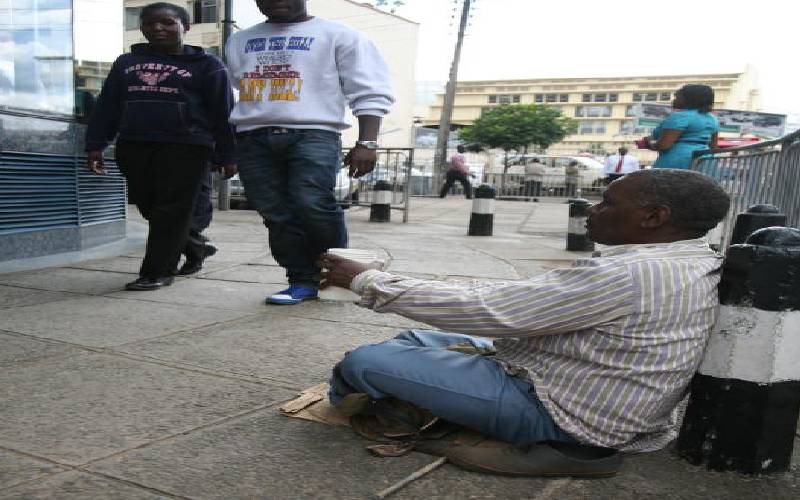×
The Standard e-Paper
Stay Informed, Even Offline

In every corner of the city and major urban centres, you are sure to find a beggar. Most of the beggars are disabled people who seem to have no other means of eking a living.